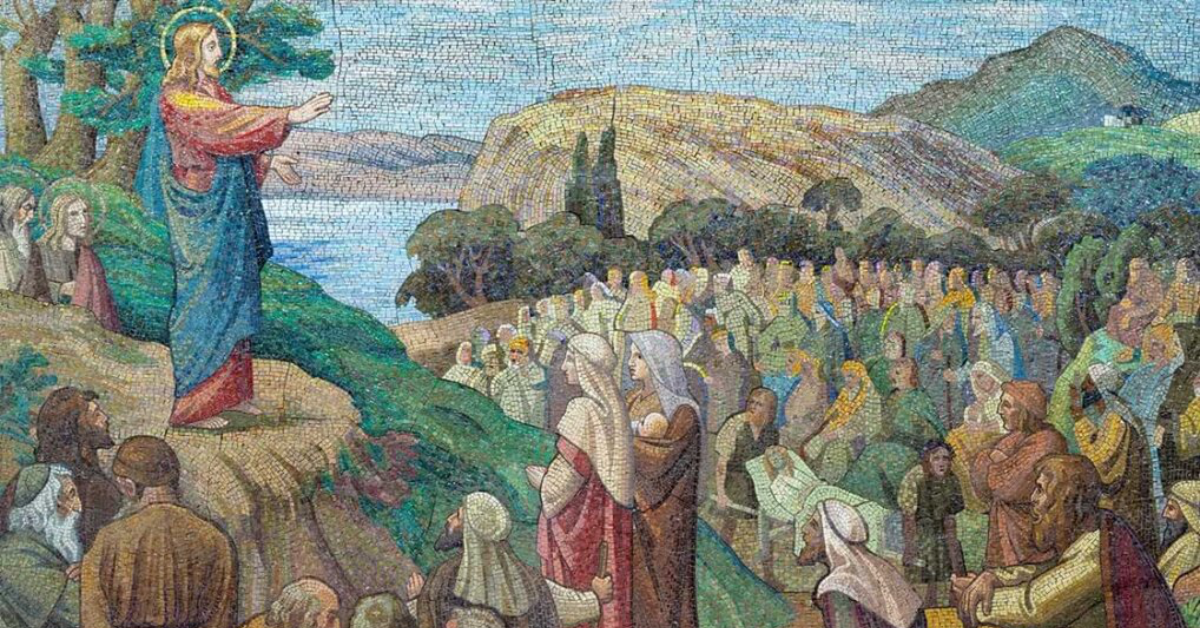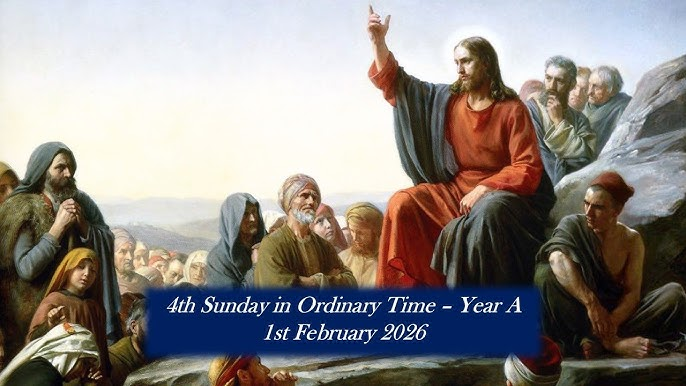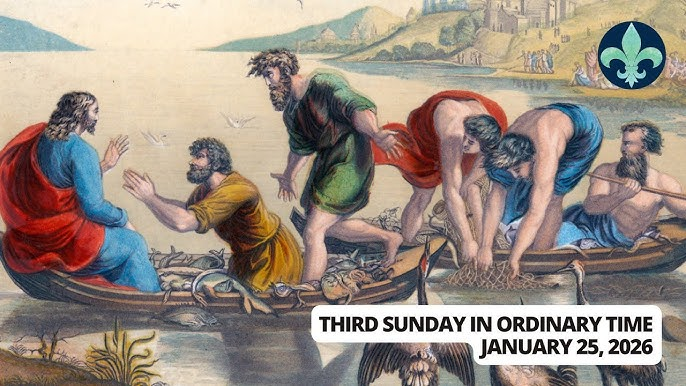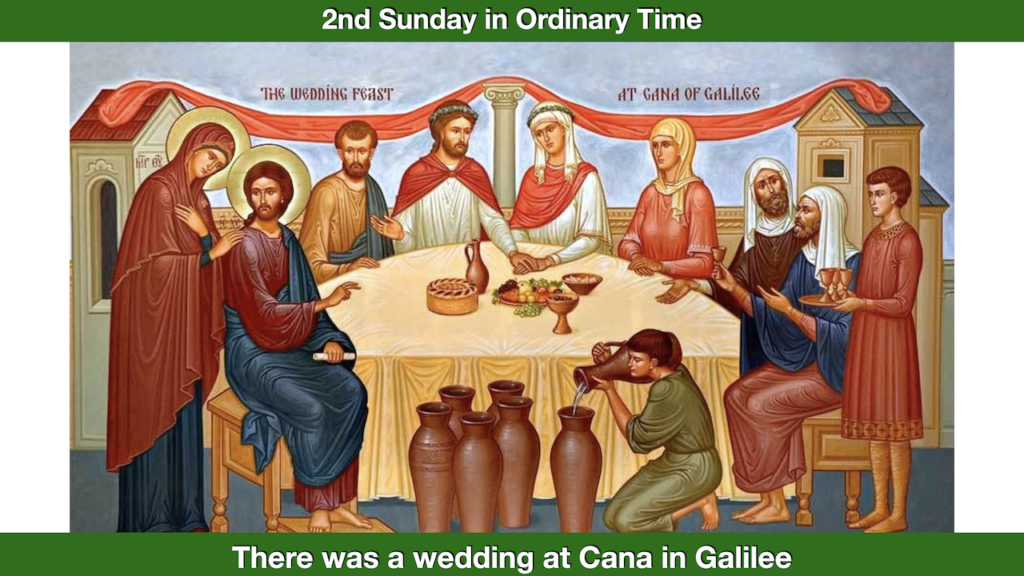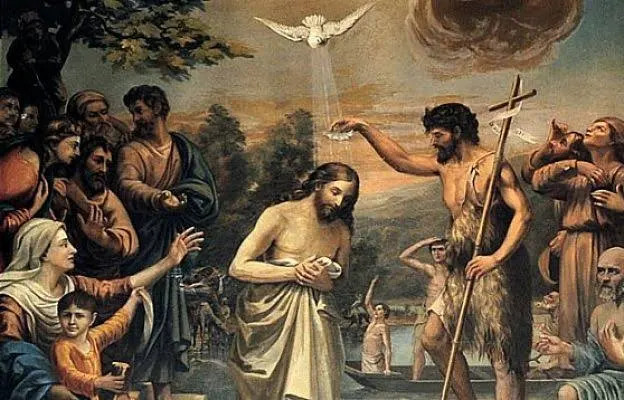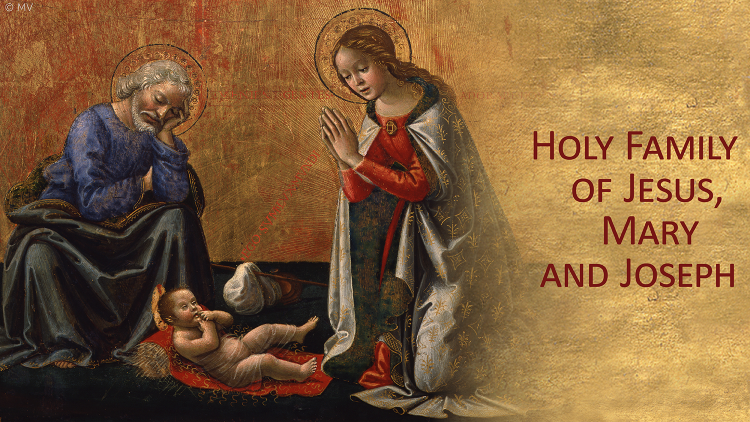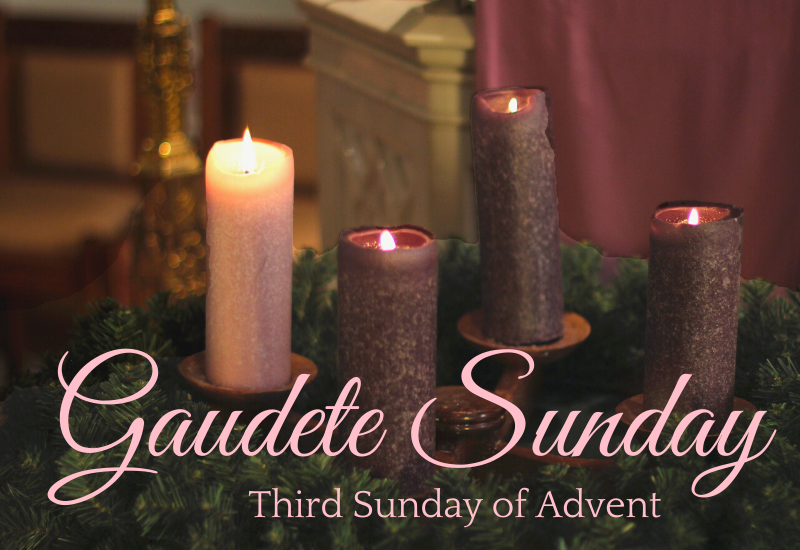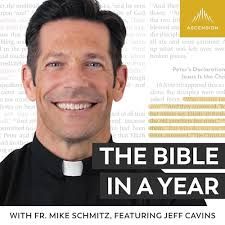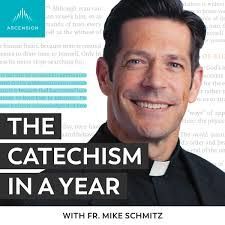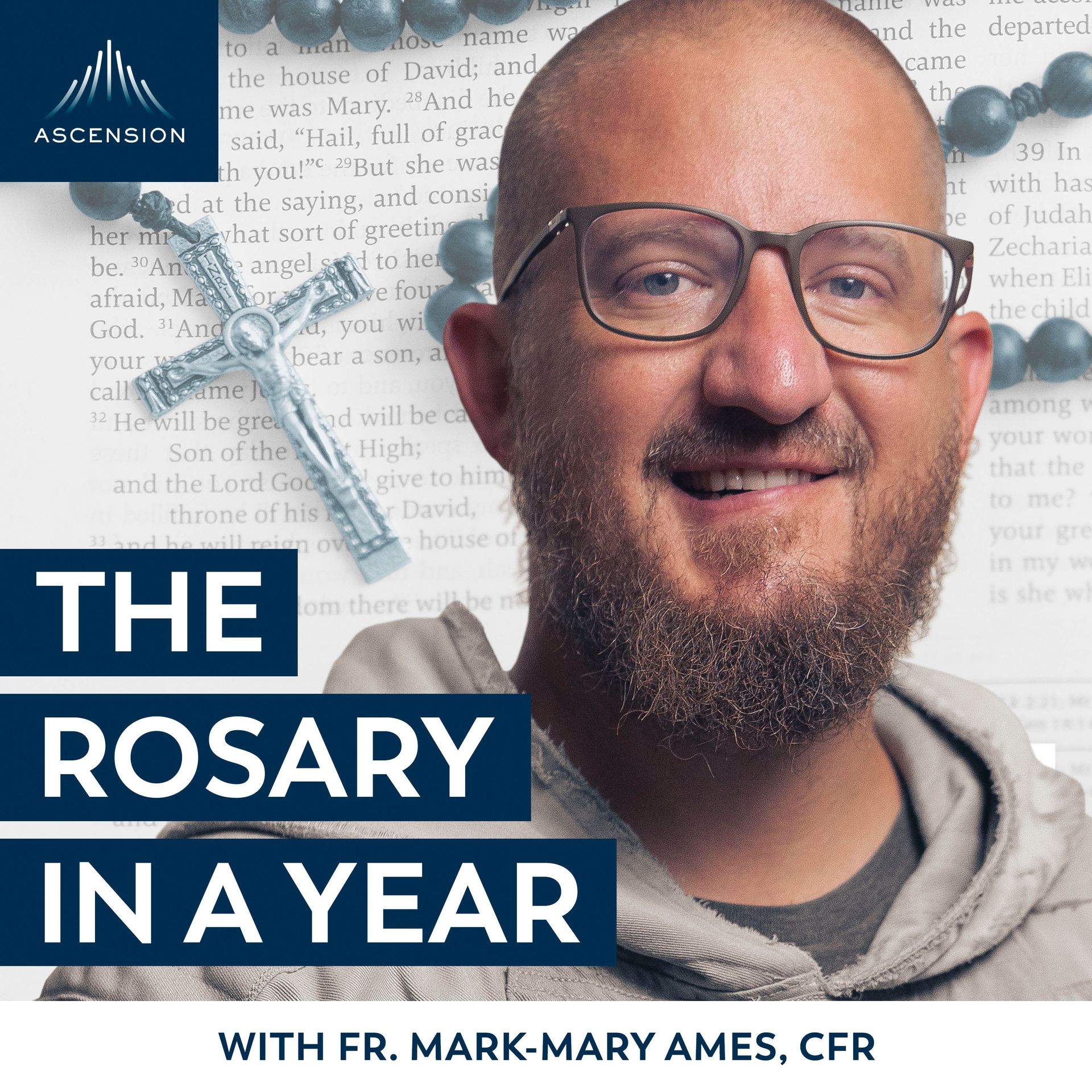Fifteenth Sunday in Ordinary Time, July 14, 2024
Dear Friends,
As we enter the 15th Sunday in Ordinary Time, we are invited to reflect on our responsibility to be witnesses to the transforming presence of God’s love. We are called to imitate the twelve disciples whom Jesus sends out two by two to preach God’s transforming lovebyaskingall theymeet to repent, to turn backto God.
Today we welcome wholeheartedly Fr. Francis Joseph, OCD, who is appealing to us on behalf of the people in Zambia, Africa, where Carmelite priests preach the gospel of God’s love. Please be generous in responding to his appeal. In supporting Fr. Francis Joseph and his missionary brother priests, we are fulfilling our annual out-reach goal of helping to spread the gospel around the globe.
As I write, I am saddened by the news of all the weather-related suffering of so many people in our part of the world. Let us pray for thoseaffected by oppressive heat and devastating storms, especially those impacted by Hurricane Beryl.
Please keep in your prayers all who will gather for the 10th National Eucharistic Congress in Indianapolis on 17-21 July 2024. A Eucharistic Congress is an especially powerful manifestation of the unity of the Church, where a very large number of Catholics gather to worship Our Lord in the Eucharist through the communal celebration of the Holy Sacrifice of the Mass. These gatherings reaffirm and re-emphasize the source and summit of our faith, teaching where Jesus belongs—at the center of our lives. The United Stateshasnot held a Eucharistic Congress at thenational level since before World War II.
This National Eucharistic Congress is an historic, pivotal, unifying, transformative, and unprecedented event in the life of the U.S. Catholic Church. It is the culmination of the three-year-long Eucharistic Revival with its goal of restoring a vibrant belief in Jesus’s Real Presence in the Eucharist, through which he shares with us His Body, Blood, Souland Divinity.
Let us pray for the success of the Congress and for the safety of all the pilgrim-travelers on their way to and from the Congress, including two of our staff and a few of our parishioners. May we experience the superabundant outpouring of grace that will flow fromthis massive, public gathering designed to affirm and celebrate Jesus’s ongoing Presence amongusin the Eucharist!
Let us now return to our reading of Pope Benedict XVI’s masterpiece, the Post-Synodal Apostolic Exhortation Sacramentum Caritatis. As I have previously explained, we are providing you with this beautiful exhortation of Pope Benedict XVI in easily digestible portions as an aide to renewing agrateful appreciation of the great gift of the Eucharist.
Have a Blessed Week!
With love,
Fr. John
SA C R A M E N T U M C A R I T A T I S ( T H E SA C R A M E N T O F C H A R I T Y : T HE E U C H A R I ST )
CONTINUATION OF THE POST-SYNODAL APOSTOLIC EXHORTATION SACRAMENTUM CARITATIS OF THE HOLY FATHER BENEDICT XVI TO THE BISHOPS, CLERGY, CONSECRATED PERSONS AND THE LAY FAITHFUL ON THE EUCHARIST AS THE SOURCE AND SUMMIT OF THE CHURCH'S LIFE AND MISSION
P A R T T W O : T H E E U C H A R I ST — A M Y ST E R Y T O B E C E L E B R A T E D ( c on t i n u e d )
"Truly, truly, I say to you, it was not Moses who gave you the bread from heaven;
my Father gives you the true bread from heaven" (Jn 6:32)
THE EUCHARIST, A MYSTERY TO BE OFFERED TO THE WORLD
THE EUCHARIST, BREAD BROKEN FOR THE LIFE OF THE WORLD
- "The bread I will give is my flesh, for the life of the world" (Jn 6:51). In these words the Lord reveals the true meaning of the gift of his life for all people. These words also reveal his deep compassion for every man and woman. The Gospels frequently speak of Jesus' feelings towards others, especially the suffering and sinners (cf. Mt 20:34; Mk 6:34; Lk 19:41). Through a profoundly human sensibility he expresses God's saving will for all people – that they may have true life. Each celebration of the Eucharist makes sacramentally present the gift that the crucified Lord made of his life, for us and for the whole In the Eucharist Jesus also makes us witnesses of God's compassion towards all our brothers and sisters. The eucharistic mystery thus gives rise to a service of charity towards neighbour, which "consists in the very fact that, in God and with God, I love even the person whom I do not like or even know. This can only take place on the basis of an intimate encounter with God, an encounter which has become a communion of will, affecting even my feelings. Then I learn to look on this other person not as simply with my eyes and my feelings, but from the perspective of Jesus Christ." (240) In all those I meet, I recognize brothers or sisters for whom the Lord gave his life, loving them "to the end" (Jn 13:1). Our communities, when they celebrate the Eucharist, must become ever more conscious that the sacrifice of Christ is for all, and that the Eucharist thus compels all who believe in him to become "bread that is broken" for others, and to work for the building of a more just and fraternal world. Keeping in mind the multiplication of the loaves and fishes, we need to realize that Christ continues today to exhort his disciples to become personally engaged: "You yourselves, give them something to eat" (Mt 14:16). Each of us is truly called, together with Jesus, to be bread broken for the life of the world.
THE SOCIAL IMPLICATIONS OF THE EUCHARISTIC MYSTERY
- The union with Christ brought about by the Eucharist also brings a newness to our social relations: "this sacramental ‘mysticism' is social in character." Indeed, "union with Christ is also union with all those to whom he gives himself. I cannot possess Christ just for myself; I can belong to him only in union with all those who have become, or who will become, his own."(241) The relationship between the eucharistic mystery and social commitment must be made explicit. The Eucharist is the sacrament of communion between brothers and sisters who allow themselves to be reconciled in Christ, who made of Jews and pagans one people, tearing down the wall of hostility which divided them (cf. Eph 2:14). Only this constant impulse towards reconciliation enables us to partake worthily of the Body and Blood of Christ (cf. Mt 5:23-24). (242) In the memorial of his sacrifice, the Lord strengthens our fraternal communion and, in a particular way, urges those in conflict to hasten their reconciliation by opening themselves to dialogue and a commitment to justice. Certainly, the restoration of justice, reconciliation and forgiveness are the conditions for building true peace.(243) The recognition of this fact leads to a determination to transform unjust structures and to restore respect for the dignity of all men and women, created in God's image and likeness. Through the concrete fulfilment of this responsibility, the Eucharist becomes in life what it signifies in its As I have had occasion to say, it is not the proper task of the Church to engage in the political work of bringing about the most just society possible; nonetheless she cannot and must not remain on the sidelines in the struggle for justice. The Church "has to play her part through rational argument and she has to reawaken the spiritual energy without which justice, which always demands sacrifice, cannot prevail and prosper." (244)
In discussing the social responsibility of all Christians, the Synod Fathers noted that the sacrifice of Christ is a mystery of liberation that constantly and insistently challenges us. I therefore urge all the faithful to be true promoters of peace and justice: "All who partake of the Eucharist must commit themselves to peacemaking in our world scarred by violence and war, and today in particular, by terrorism, economic corruption and sexual exploitation." (245) All these problems give rise in turn to others no less troubling and disheartening. We know that there can be no superficial solutions to these issues. Precisely because of the mystery we celebrate, we must denounce situations contrary to human dignity, since Christ shed his blood for all, and at the same time affirm the inestimable value of each individual person.
(240) Benedict XVI, Encyclical Letter Deus Caritas Est (25 December 2005), 18: AAS 98 (2006),
(241) ibid, 14.
(242) During the Synod sessions we heard very moving and significant testimonies about the effectiveness of the Eucharist in In this regard, Propositio 49 states that: "Thanks to eucharistic celebrations, peoples engaged in conflict have been able to gather around the word of God, hear his prophetic message of reconciliation through gratuitous forgiveness, and receive the grace of conversion which allows them to share in the same bread and cup."
(243) Propositio 48.
(244) Benedict XVI, Encyclical Letter Deus Caritas Est (25 December 2005), 28: AAS 98 (2006),
(245) Propositio 48
